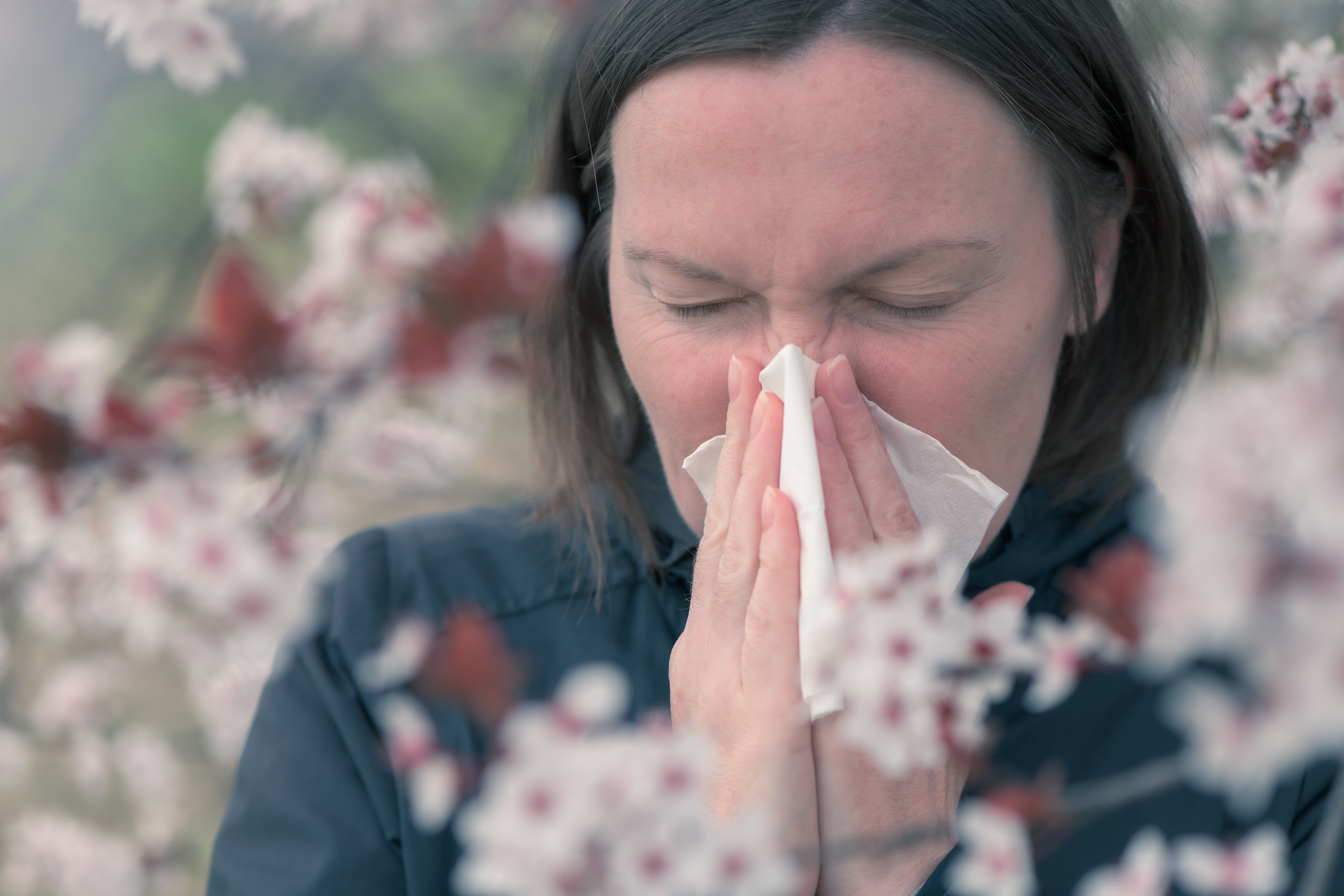How to Know if It’s an Allergy or Something Else
In the labyrinth of medical mysteries, distinguishing between allergies and other health conditions can be as elusive as catching a shadow. Sneezing, a seemingly simple reflex, often serves as a harbinger of hidden ailments, from common colds to chronic conditions. However, when sneezes persist, the underlying cause may not be as straightforward as it seems. Allergies, those pesky immune responses to harmless substances, often masquerade as other illnesses, leading to misdiagnoses and prolonged discomfort. This article embarks on a journey through 10 distinct signs that can help differentiate allergies from other medical mysteries, empowering readers to navigate their sneezes with confidence and clarity.
1. The Timing of Symptoms
One of the most telling signs that differentiate allergies from other conditions is the timing of symptoms. Allergies often follow a seasonal pattern, flaring up during spring or fall when pollen counts are high. Conversely, colds and other viral infections can strike at any time, often intensifying during the colder months when immune systems are compromised. Recognizing this temporal pattern can be crucial; for instance, if sneezing and congestion appear like clockwork every April, the culprit is likely an allergy rather than an infection. Understanding these patterns helps in anticipating and preparing for allergy seasons, potentially reducing their impact on daily life.
2. Symptom Duration and Persistence

The duration and persistence of symptoms provide another key clue. Allergies can linger for weeks or even months as long as exposure to the allergen continues, while colds typically resolve within a week or two. This extended timeline is due to the ongoing presence of allergens like dust mites, pollen, or pet dander. Persistent symptoms such as itchy eyes, runny nose, and sneezing that do not improve with rest or over-the-counter cold remedies may indicate an allergic reaction rather than a viral infection. Recognizing this difference is vital for managing symptoms effectively and avoiding unnecessary treatments.
